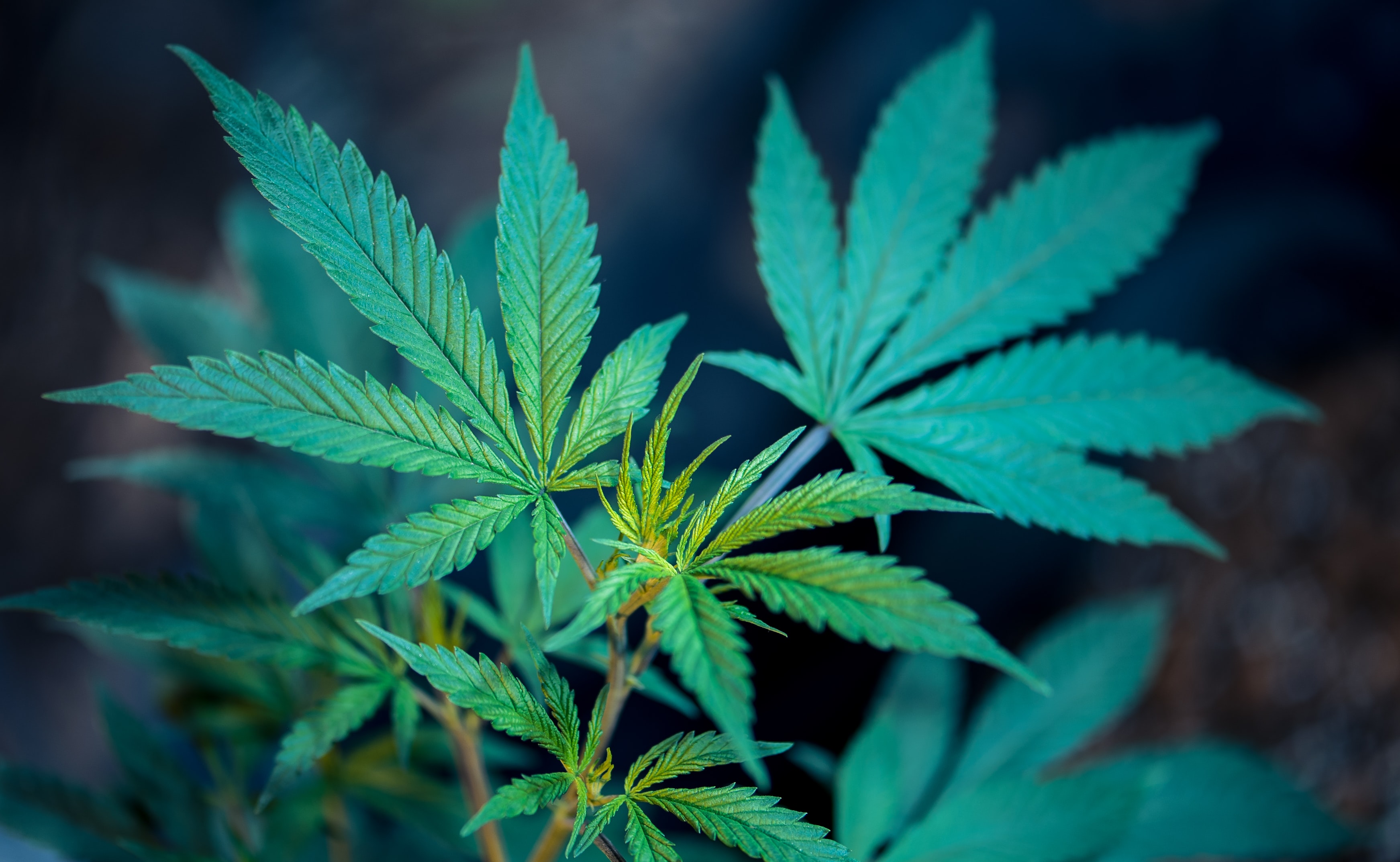
Medical researchers and American Veterans are challenging the DEA and the agency’s denial to reschedule medical cannabis. The Scottsdale Research Institute (SRI) filed suit in the U.S. Ninth Circuit Court of Appeals requesting a review of the DEA’s scheduling determinations in 1992, 2016 and again in 2020.
The DEA has, in all cases, denied every petition to reschedule medical cannabis. Scientists and military veterans argue that the DEA is disregarding the legalization of medical marijuana at the state level. The DEA responded that rescheduling cannabis out of the Schedule I classification in the Controlled Substances Act would be a break of statutory obligation for the agency.
Until the Federal Government has accepted the medical value of cannabis in therapeutic treatments, the DEA is refusing to remove cannabis from the Schedule I restricted substance category.
At a time when federal DEA regulators are fighting to block any legal motion to reclassify cannabis from a Schedule I controlled substance to a less harmful and restrictive legal category, the World Health Organization (WHO) announced that it is moving to make a substantial change.
In February 2020, the WHO announced that it would like whole-plant marijuana and cannabis resin to be removed from the international Schedule IV rating. Schedule IV drugs are reserved for the most harmful and addictive drugs in the spectrum of medicinal and recreational drugs, as defined by the 1961 Drug Convention and signed by countries around the world.
A second treaty, signed in 1971, added a number of new drugs to the restricted categories and reclassified some types of compounds. However, the WHO has not formally released its plans and petition. The preliminary document indicates that the organization would like to see medical cannabis listed as a Schedule 1 drug. It is important to note that the WHO has a different scale of international drug safety classifications. Harmful drugs and medications receive a lower value on the scale.
Based on global health statistical data, the WHO does not view cannabis or delta-9-tetrahydrocannabinol (THC) to be the same level of a health threat as other addictive drugs. These include cocaine, heroin, opium, or methamphetamines.
In response to the growing opioid epidemic, an unexpected outcome occurs when comparing cities with legalized marijuana programs to those without. Several clinical studies have found that opioid overdose rates drop in areas where medical marijuana is legalized. This drop is not marginal but, instead, a significant number per annum.
The National Institute on Drug Abuse (NIDA) published findings from a study that was conducted from 1999 to 2010. In the states where medical marijuana was legalized, opioid overdose mortality rates from the period declined by 21%. However, when the study was extended through 2017, they found increased overdose death rates. At that time, opioid prescription restrictions were not as limited as they are today and there are better protections now for patients.
The growing discussion on medical cannabis as an “Exit Drug” continues to present possibilities for effective step-down addiction therapies. Rather than quitting “cold turkey,” the use of medical cannabis may, in some patient cases, help moderate the mood variances such as anxiety and depression. These mood variances often lead back to opioid drug abuse.
How do we resolve the current contraction between federal and state laws? The therapeutic value of doctor-supervised medical cannabis must be recognized. This would enable the federal government to tax medical cannabis products and wholesale growers as well as apply national product quality and safety standards.
There are currently an estimated 3,661,322 Americans with qualifying health conditions, who are state-licensed to use medical cannabis for symptom relief.
This story was originally published by Marijuana Moment.
No Information on MarijuanaDoctors.Com should be used to diagnose, treat, prevent or cure any disease or condition. You can view our Full Disclaimer here.